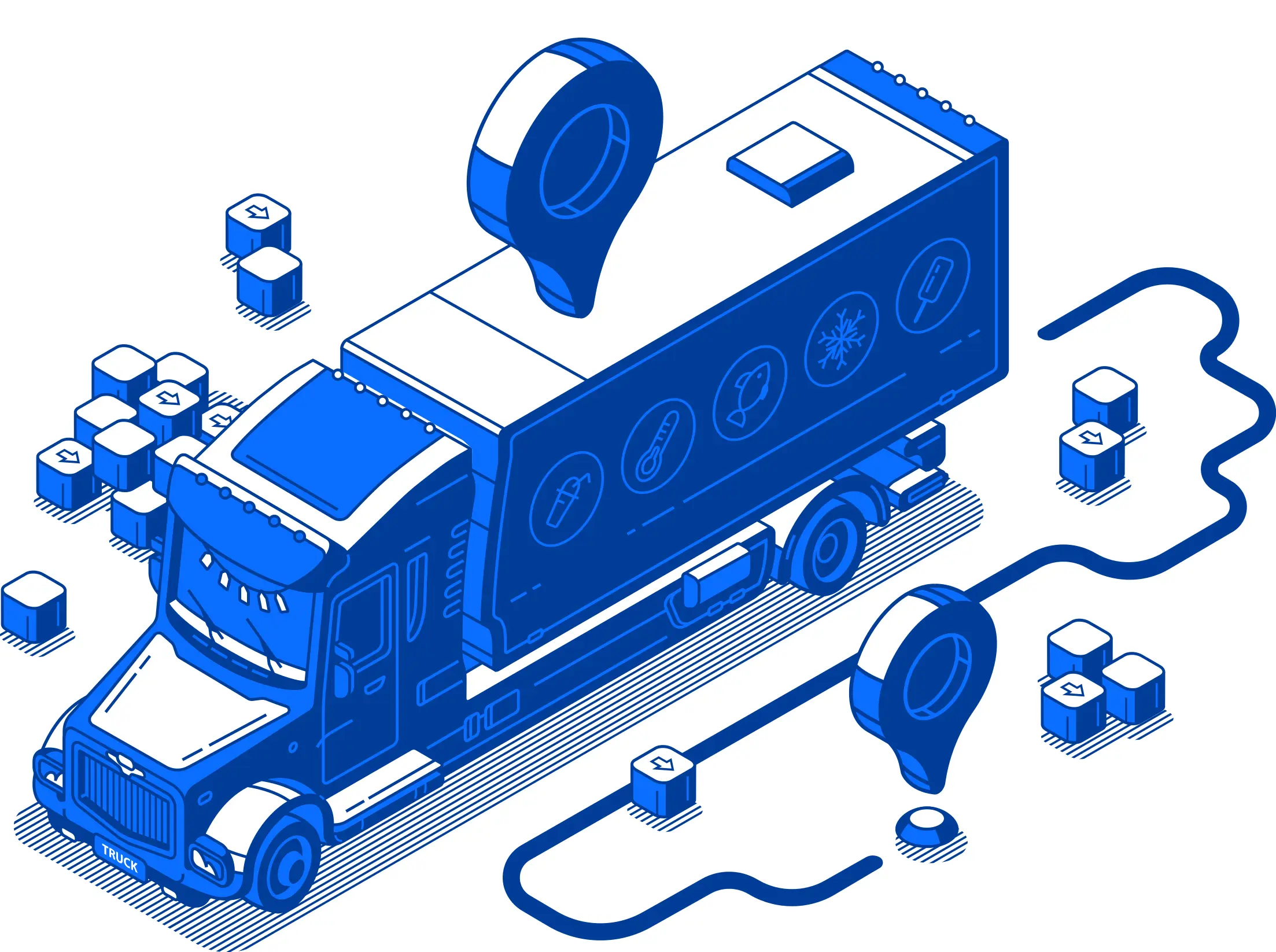While many people have a romantic view of truck driving, those of us in the know understand that driving is a challenging career, especially when you are just starting out. Driving big rigs requires a good amount of training and initial capital, creating a significant barrier to entry. That’s where paid CDL programs can come in very handy.
Many new drivers begin their careers by enrolling in private truck driver training schools, but these can be expensive. As an alternative, paid CDL programs offer to offset the cost of a training program, or might even have a school that they sponsor or operate on their own. This means that not only will you not have to pay any tuition, but you’ll even get compensated as you are learning.
This may sound too good to be true, but the truth is these programs are standard at most of the big truck driving companies. Of course, this doesn’t mean there aren’t any potential drawbacks. While paid CDL programs are a great option for a lot of new drivers who want to enter the industry, others find them too restrictive and not worth it in the long run.
Today’s post takes a look at both paid CDL programs and private training schools and discusses the pros and cons of each.
Truck driving is more popular than ever as a career
Fears that the truck driving industry may be becoming obsolete seem to be exaggerated. In fact, despite predictions of doom for the industry, the number of heavy and tractor-trailer truck drivers is projected to grow by 2% in the next ten years. But even with that positive increase in the number of drivers, many experts predict that the number of new drivers will not grow fast enough to meet the demand for drivers.
A jobs report from the Department of Labor in 2020 stated the following: “Job prospects are projected to be very good for heavy and tractor-trailer truck drivers with the proper training and a clean driving record. Because of truck drivers’ difficult lifestyle and time spent away from home, many companies have trouble finding and retaining qualified long-haul drivers. In addition, many truck drivers are expected to retire in the coming years, creating even more job opportunities.” (https://www.bls.gov/ooh/transportation-and-material-moving/heavy-and-tractor-trailer-truck-drivers.htm)
As pointed out in the report, the combination of impending retirements and a lower retention rate among current drivers due to the challenges posed by the job, mainly the long hours away from home, means that driving companies will have trouble filling all the positions that they have. That’s good news for fully trained drivers with a clean driving record.
Of course, the emphasis in the report on drivers that possess the proper training highlights the importance of driving schools and training programs in the recruitment of new drivers. For anyone interested in truck driving as a career, the key to entry is receiving the proper training. That’s why there are some many school and education options for aspiring drivers.
The traditional private training school model for new truck drivers
The goal of almost any truck driver training school, whether it’s a private institution or a paid program, is for student’s to earn their CDL. This stands for commercial driver’s license. Because driving a large semi truck or heavy construction rig can be very difficult and requires a specific set of skills to ensure the safety of the driver and others on the road, every state requires drivers to have a CDL before they start hauling trailers.
It should also be noted that there are different classes of CDLs. The highest of the standard licenses is known as Class A, and it permits a driver to operate a vehicle with a trailer or semi-trailer that has two or more axles and is above a certain weight. The Class A CDL is required for hauling trailers that have greater than 10,000 pounds of gross vehicle weight rating (GVWR) as well as vehicle that is greater than 26,000 pounds GVWR.
A Class B CDL is required for operating a vehicle with more than 26,000 pounds GVWR, along with a trailer that is less than 10,000 pounds GVWR. A Class C CDL is necessary for any vehicle that allows for the transport of 16 or more passengers. This can include buses, passenger vans, HAZMAT vehicles and more. Possession of a Class A license allows the driver to operate Class B or Class C vehicles, while a Class B CDL allows the driver to operate Class C vehicles.
Based on the guidelines alone, you probably have an idea of the amount of training involved to become fully CDL licensed. Private schools and even community college programs make it possible for new drivers to become fully licensed and immediately employable as commercial drivers. Every state has multiple options for those interested in entering the industry, but they aren’t necessarily cheap, and while many of the schools have ties to trucking fleet companies, they can’t guarantee good and regular employment.
That’s where Paid CDL programs come in.
The advantages and disadvantages of paid CDL programs for new truck drivers
So what is a paid CDL training program? It’s a company-sponsored option for drivers to learn how to drive a truck, get their license, AND get paid while they are doing it. The catch is that you will most likely have to sign a contract before hand agreeing to drive for that company at a set rate for an agreed upon period of time. That’s why many of the largest trucking companies operate their own training programs. It’s a way to recruit drivers and lock them in on favorable contracts.
For the driver, it means that you are getting both training (that you are being paid for, though it may be at a low rate) and a job. But before you jump right in, it’s important that you read your contract thoroughly and shop around with other schools to make sure you’re getting the best possible deal.
Also of note, many of the paid CDL programs, though not all, will have upfront fees you have to pay. At some schools, this fee will be deducted from future pay. Other companies will reimburse this fee after a period of time.
What drivers need to do before signing their contract is comparing the cost of a private school and what would be earned once you are hired versus the low wages you’ll earn after receiving your paid CDL training. In most cases, you’ll end up earning more with the private school, but you’ll also need to pay more upfront.
The bottom line on paid CDL programs versus private training schools
At the end of the day, there’s no right or wrong answer when it comes to paid CDL programs or private truck driving schools. Each driver will need to make the best and most appropriate decision for him or herself. Some prefer the low upfront costs and guaranteed salary of a paid CDL program. Others will elect to go it alone, betting on the fact they will make more money in the long run.
Either way, do your research and find the right school that matches your priorities. For those with the proper temperament and skills, truck driving is a rewarding and lucrative career, especially when you have the right partners.
Saint John Capital Understands Trucking
Boasting over twenty years of experience in the industry, Saint John Capital understands the challenges faced by truckers, especially those who are new to the industry. Because Saint John Capital purchases invoices only from within the trucking industry, we are in the perfect position to fully support our customers with the sort of tailored services that directly meet their financial needs.
The entire staff at Saint John Capital has a simple mission: to supply freight companies and individual drivers with a full range of services that make their life on the road easier and more lucrative. In fact, we make sure that our products and services match any other industry in their scope and effectiveness. Every driver knows that financial flexibility is essential for achieving his or her goals. That’s why we’re there to forerun your cash, whenever you need it the most.
Contact us today to learn more about how Saint John Capital can help your business grow.











